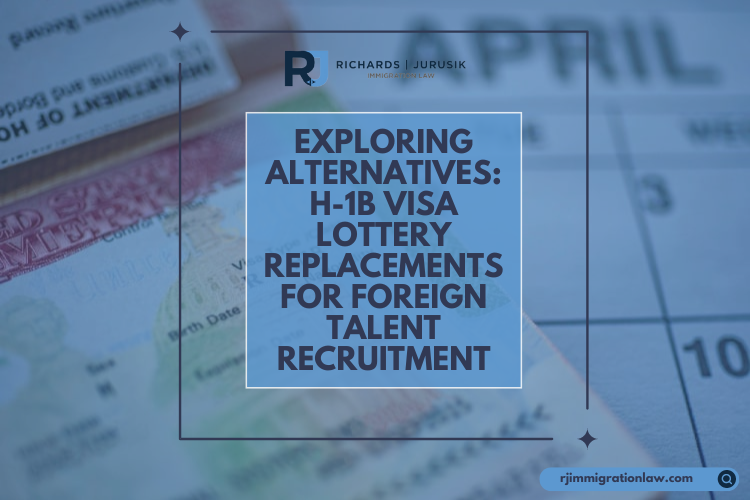The “good faith” requirement in the PERM labor certification process is a critical aspect of U.S. immigration law. If you’re an employer looking to navigate this complex process, understanding the nuances of good faith efforts is essential to complying with the Department of Labor (DOL) regulations and successfully obtaining labor certification. This post explains the requirement for “good faith” in the PERM process.
What is the “Good Faith” Requirement in the PERM Process?
- Good Faith in Recruitment: Sincere recruitment efforts are a cornerstone of the PERM process. This involves advertising the job to U.S. workers using various channels, demonstrating a genuine intention to fill the position domestically before considering foreign nationals.
- Genuine Job Opportunities: The role should be legitimate, permanent, and full-time, available to U.S. workers under fair terms. Crafting a job description or work conditions that dissuade U.S. candidates violates good faith.
- Wage and Working Conditions Standards: Paying the prevailing wage and providing working conditions at par with U.S. standards are non-negotiable. These measures ensure foreign workers do not adversely affect U.S. employees’ salaries and working environment.
- Layoff Policies: In recent layoffs, employers must prove they have considered all qualified laid-off U.S. workers for the new position, ensuring that hiring a foreign worker is necessary.
- Rigorous Documentation: Maintaining detailed records of recruitment efforts and reasons for not hiring U.S. workers is imperative. These documents should be readily available for DOL audits, demonstrating the employer’s adherence to good faith practices.
- Transparency and Honesty: The entire process demands the utmost honesty from employers. Any misrepresentation can lead to severe consequences, including application denial and legal repercussions.
- Fair Treatment of U.S. Workers: Ensuring U.S. workers are not unfavorably treated compared to foreign workers is crucial to good faith compliance.
- Preparing for Audits: The DOL may conduct audits to verify good faith compliance. Employers should be prepared with comprehensive documentation of their recruitment efforts and decision-making processes.
Conclusion
The good faith requirement in the PERM labor certification process is integral to ensuring fair employment practices and compliance with U.S. labor laws. By adhering to these standards, employers can ethically and successfully navigate the complexities of hiring foreign nationals. Remember, partnering with an experienced immigration attorney can provide crucial assistance in fulfilling these obligations effectively.
Schedule a Consultation with an Immigration Lawyer
Additional Outside Resources
We Can Help!
You may have questions regarding the PERM process. We invite you to contact our team at Richards and Jurusik for detailed guidance and assistance. We aim to provide the most accurate and up-to-date information to make your immigration process smoother and less stressful. The immigration lawyers at Richards and Jurusik have decades of experience helping people to work and live in the United States. Read some of our hundreds of 5-star client reviews! Contact us today to assess your legal situation.







